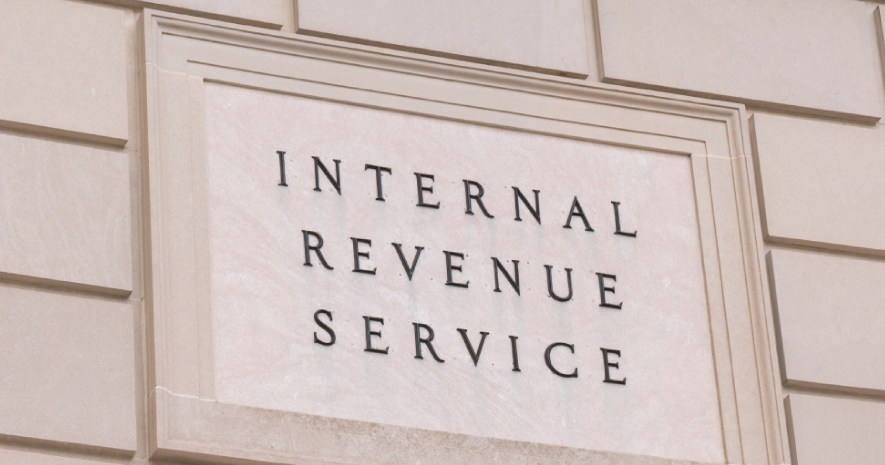Reworked IRS Reform Bill
The Senate approved the Taxpayer First Act by voice vote on June 13. The measure was unanimously approved in the House on June 10.
The reworked IRS reform bill, originally introduced in the last Congress, was revised in early June after the House passed a prior version in April. However, the original House-approved bill (HR 1957) was quickly doomed in the Senate because of controversy surrounding the IRS’s Free File program.
The provision codifying the IRS’s Free File program was removed from the original bill, and the measure was reintroduced as HR 3151. Congress then quickly sent it to the president’s desk.
Taxpayer First Act Provisions
The Taxpayer First Act aims to reform the IRS into a more taxpayer-friendly agency. It requires the IRS to develop a comprehensive customer service strategy, as well as a plan to redesign the IRS’s structure, modernize its technology, and enhance its cyber security.
The measure also:
- codifies and enhances an independent Office of Appeals within the IRS;
- waives the application fee for an offer in compromise (OIC) by a low-income taxpayer;
- sets new electronic filing requirements;
- clarifies information available about low-income taxpayer clinics (LITCs);
- codifies the Volunteer Income Tax Assistance (VITA) Program;
- requires notice regarding the closure of taxpayer assistance centers (TACs);
- improves the IRS whistleblower program;
- modifies the private debt collection program;
- clarifies procedures for equitable relief from joint liability;
- establishes new safeguards on seizing funds believed to be structured to avoid the $10,000 financial reporting requirement; and
- modifies procedures for the issuance of summons and notice of third-party contacts by the IRS.
Hill Reaction
"This signing is the culmination of a lengthy, bipartisan process undertaken by the [House] Ways and Means Committee to implement pro-taxpayer reforms at the IRS for the first time in more than 20 years," Senate Finance Committee (SFC) Ron Wyden, D-Ore., said in a July 1 statement. "New protections for low-income taxpayers, practical enforcement reforms, and upgraded assistance for taxpayers and small businesses will all now go into place."
Additionally, the House’s top Republican tax writer issued a statement after Trump signed the IRS reform legislation. "I’m proud that after three years of thoughtful bipartisan work, our bold package of reforms to the Internal Revenue Service are the law of the land," Ways and Means ranking member Kevin Brady, R-Tex., said on July 1. "Thank you to President Trump for signing this historic legislation, which is the biggest and boldest step in over 20 years to redesign and restructure the IRS into an agency with a singular mission – quality taxpayer service."




